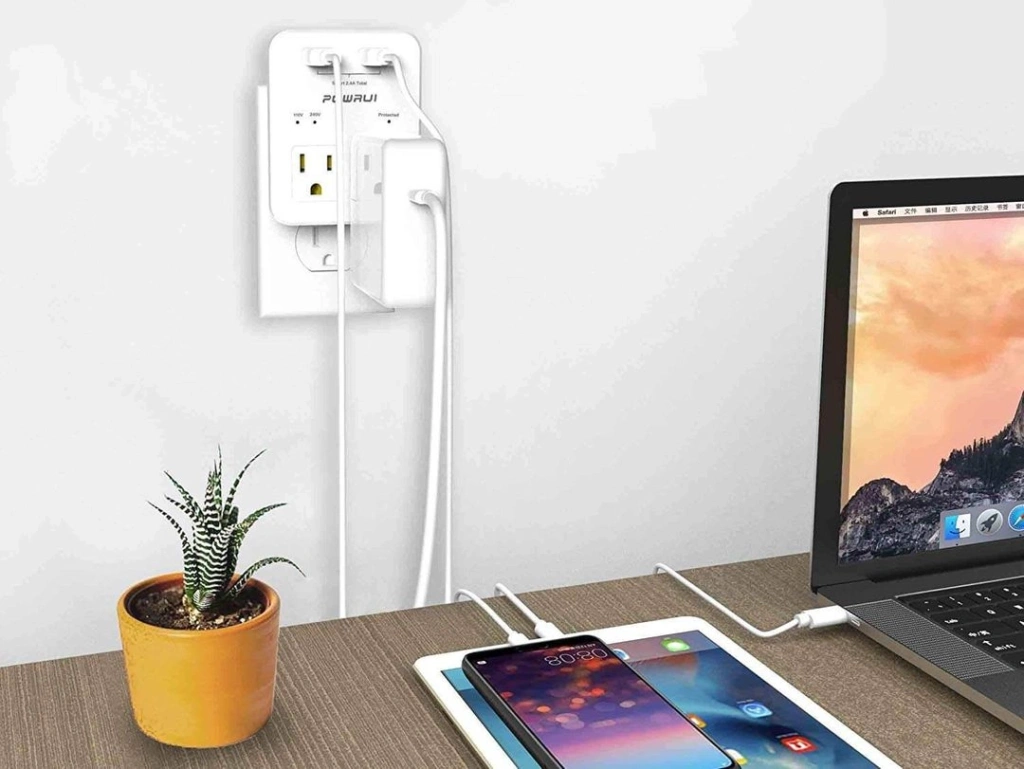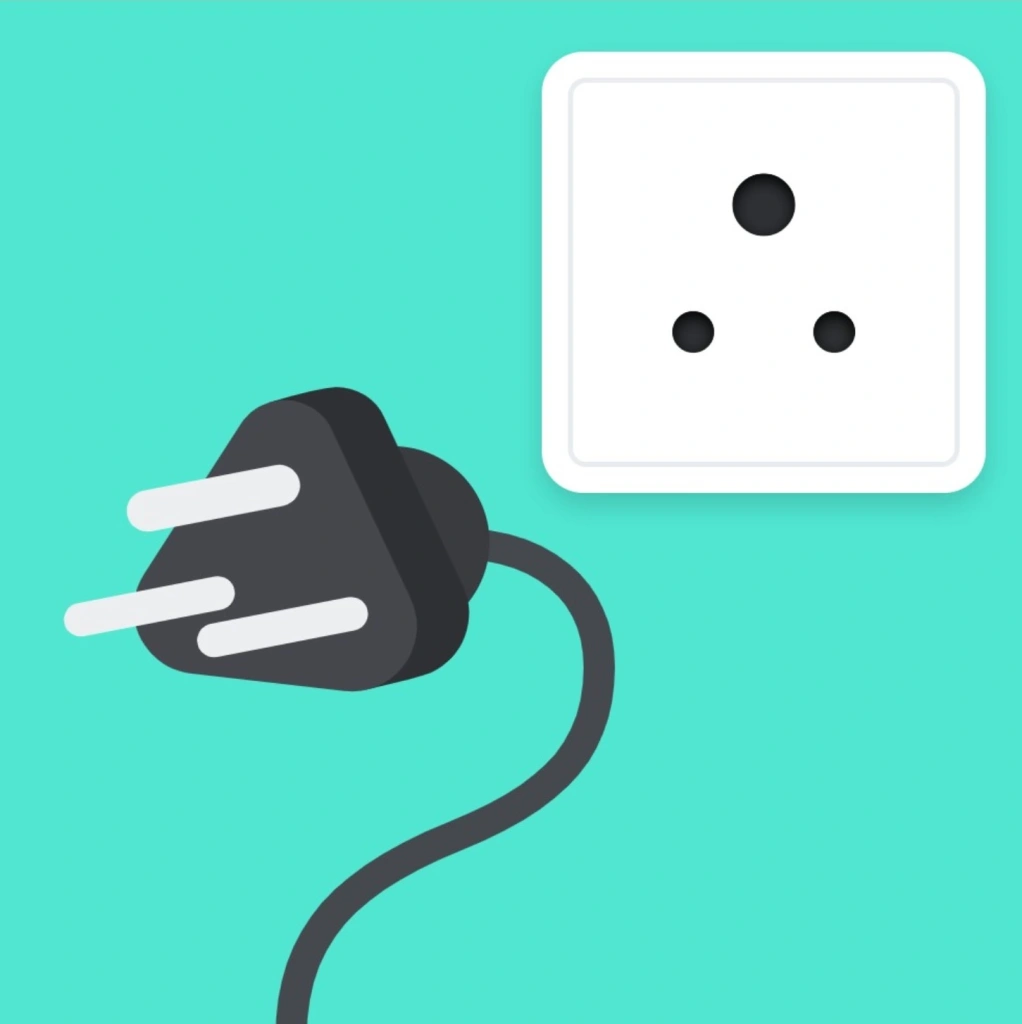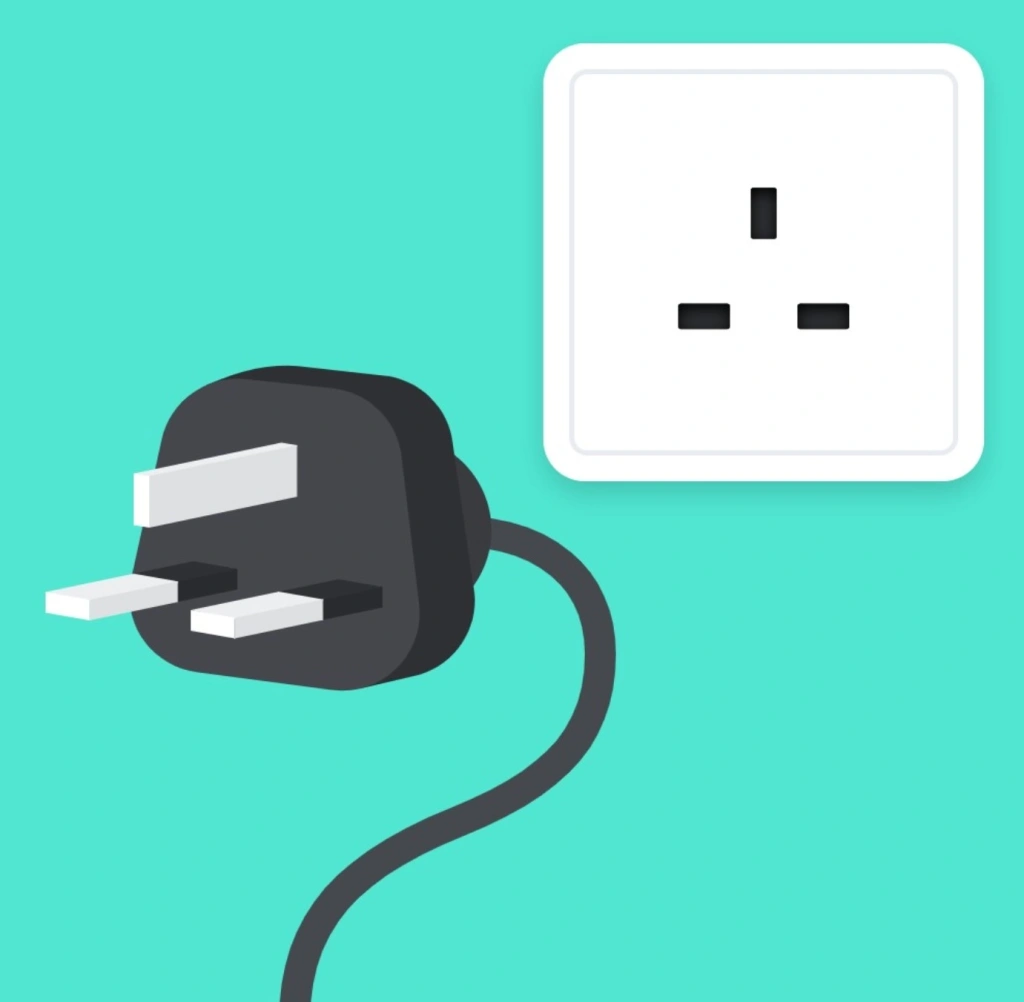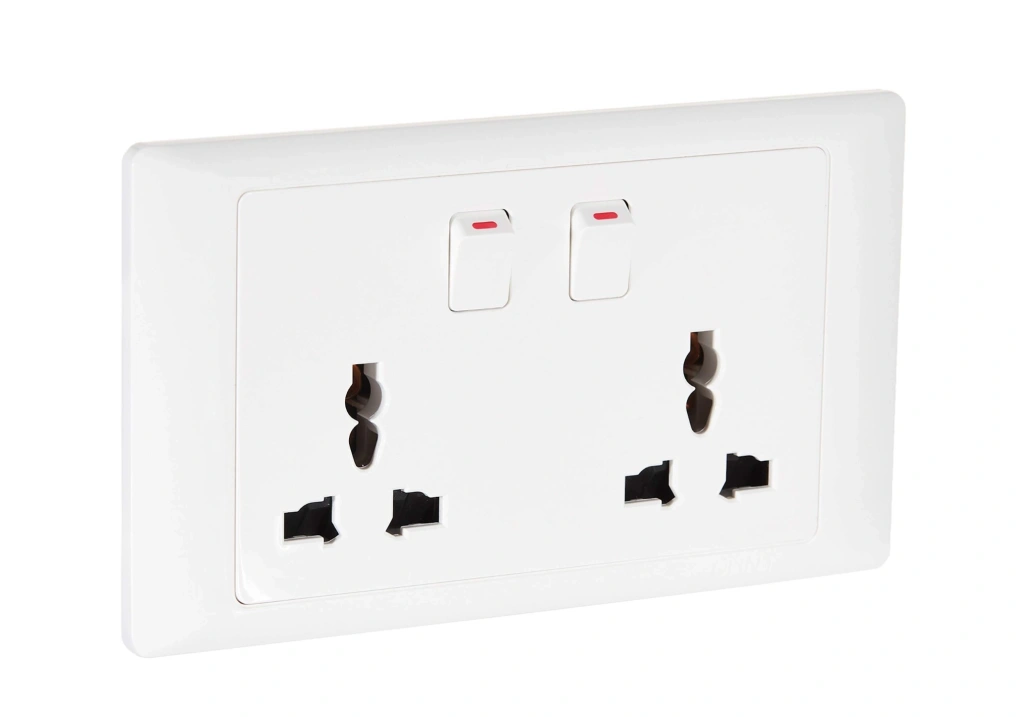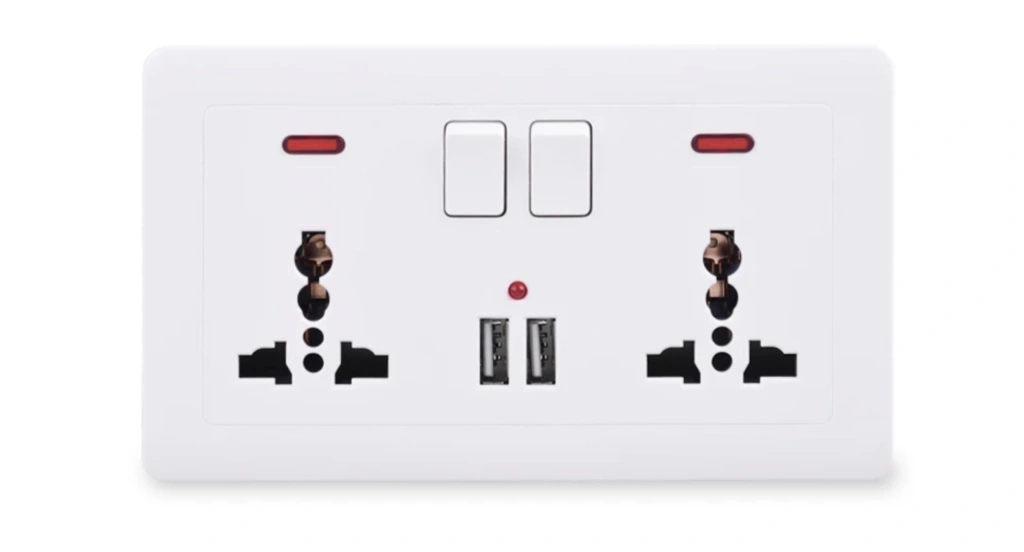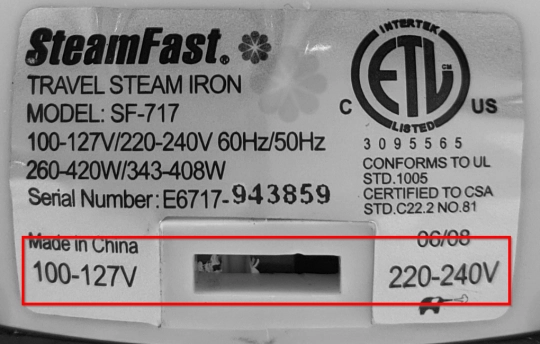In Tanzania, Type G outlets are predominantly in use. These outlets adhere to the modern British standard and are not compatible with plugs from countries like the US without an adapter. However, Tanzania is increasingly adopting universal outlets that are compatible with any type of power plugs. This raises the question: do you need to bring a power plug adapter, or can you travel without additional devices? Our article provides clarity on this matter.
In the 20th century, as the use of electricity became widespread, there was no thought of needing a universal standard for outlets and plugs. Each major electric company independently decided how these should be designed and implemented their standards in various countries. As a result, a device from the UK, for instance, cannot be connected to a US outlet without the proper adapter.
Tanzania was governed by a British administration until , hence the predominance of the British standard in its electrical infrastructure. However, the situation is evolving. Let's explore the current outlet options in the country.
What plug adaptor do I need for Tanzania?
Depending on where you are traveling from, you might need to bring a travel power plug adapter or, for some devices, a voltage converter. While many hotels will have modern multi-outlets, it's good to be prepared in advance. Keep reading to learn more about power plugs in Tanzania, and what kind of adapters might be necessary.
What type of plug is used in Tanzania?
1. Type D
These are designed for plugs with three round pins arranged in a triangle. We mention this outdated type because some sources still claim type D is common in Tanzania, but this is no longer the case.
It's unlikely you will ever come across a type D socket here. As of now, they are mostly found in some old buildings and are generally considered a rarity. Therefore, if you come across information online claiming that type D power sockets are common in Tanzania, take it with a grain of salt.
2. Type G
Features special slots for three flat pins and has been the modern British standard officially adopted in 1947. Many places in Tanzania still have these outlets. These outlets do not accommodate standard US plugs, but this should not be a big concern.
Before traveling, check which types of outlets are available in your accommodation. Suppose you're traveling from the US or bringing electrical items purchased on the American or Japanese markets. In that case, it might be wise to bring a voltage converter (adapter)—we’ll tell you why below.
3. Multi-outlets
Over the past few years, Tanzania has moved towards universal outlets—now found in many new buildings and hotels. These outlets are compatible with any type of plug.
For instance, a basic dual universal outlet will accommodate any plug, negating the need for travel adapters.
Another option available is more functional. It may have additional sockets for non-specific plugs, such as Type J (Switzerland, Liechtenstein), Type K (Denmark, Greenland), and Type L (Italy, Chile, Uruguay)—yes, in all these countries, the plugs for electrical appliances can vary from one another.
The outlet shown in the photo below and sometimes installed in Tanzania also has additional USB ports. This is convenient in case you forget or lose the charger for your device.
What is the voltage in Tanzanian outlets and when do you need an adapter?
In Tanzania, the voltage in outlets is 220 volts. The same levels are typical for many countries in Europe and Asia.
However, in some places, outlet voltage varies from 100 to 127 volts, for example, in the USA, Canada, and Japan. Some electrical appliances manufactured in these countries are designed for lower voltages. Therefore, if you connect a 110V hairdryer or shaver to a 220-volt outlet in Tanzania, the device will burn out and stop working.
Many modern electrical goods are dual-voltage and this would not be a problem. However, to avoid unpleasant surprises, check your gadgets before traveling. This information can be found on the label—there might be text such as "100/240 V" or "110 ~ 220 V" (dual voltage appliance) on the device or its power supply. Such dual voltage devices can accommodate any voltage, and you don't need to worry about getting a voltage transformer (also called a power converter).
Some of those voltage converters and outlet adapters come with surge protection, which is an extra safety measure that might protect your expensive gadgets from rare power surges.
The situation is more complicated with devices designed for a single voltage, for example, those labeled "110 V". To safely charge such a device during your trip to Tanzania, you will need one of the voltage converters. You plug the converter into the outlet on one side, and your device on the other. The adapter reduces the voltage to safe levels, keeping your gadget out of the risk zone.
Just do not confuse a voltage converter with a regular travel adapter. The latter does not reduce the voltage but only allows you to plug your plug into an outlet that is non-standard for it.
All content on Altezza Travel is created with expert insights and thorough research, in line with our Editorial Policy.
Want to know more about Tanzania adventures?
Get in touch with our team! We've explored all the top destinations across Tanzania. Our Kilimanjaro-based adventure consultants are ready to share tips and help you plan your unforgettable journey.















